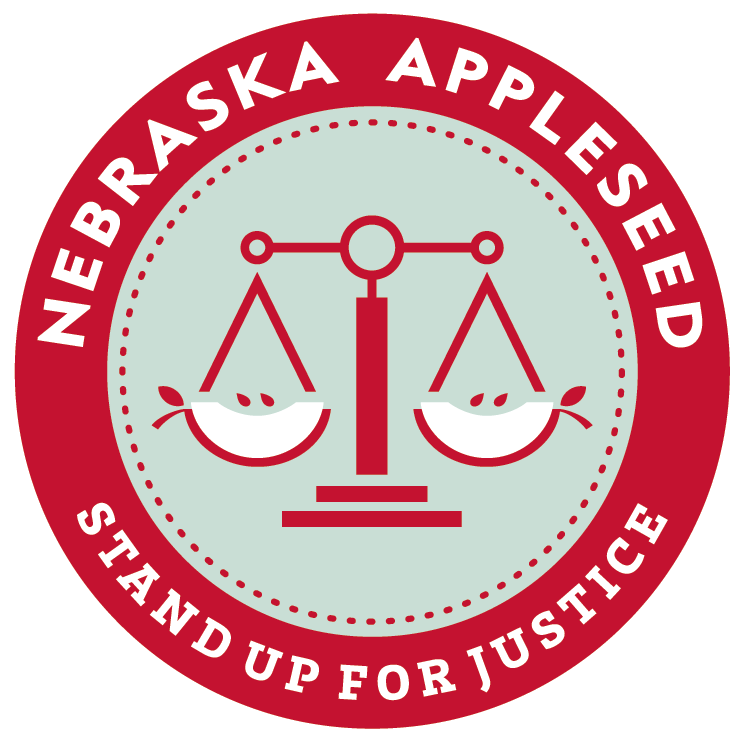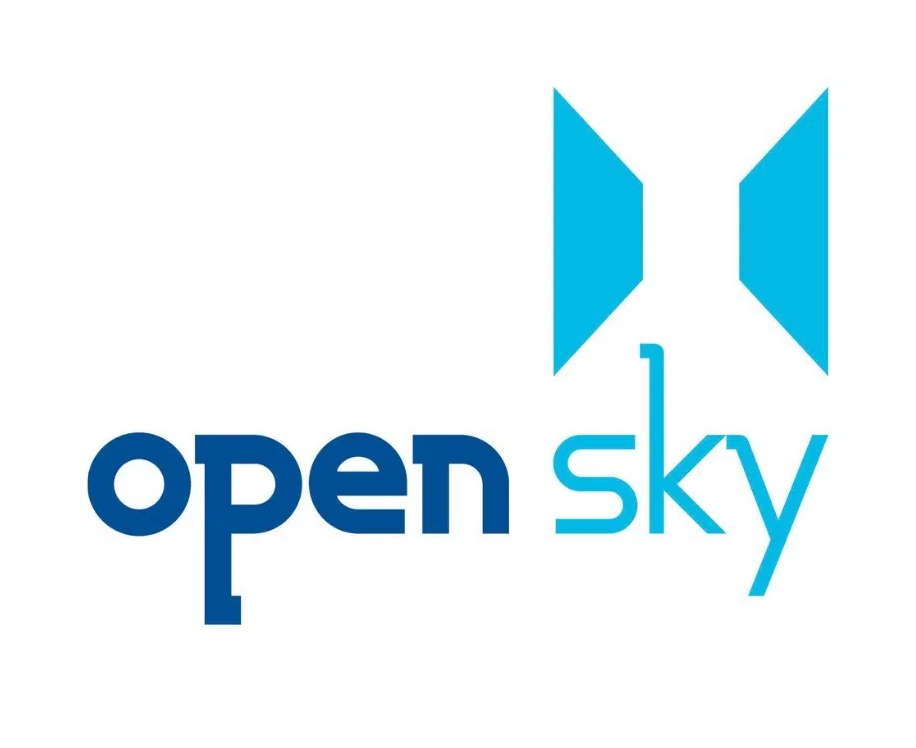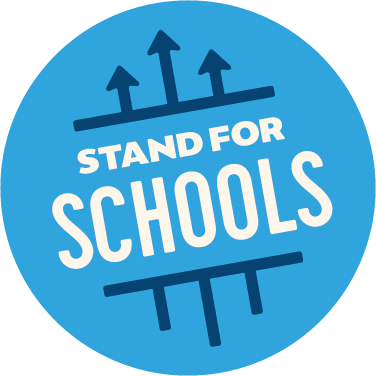On July 24, Governor Jim Pillen issued an official call for senators to return to the Nebraska State Capitol for a special session on tax policy. He outlined many potential actions in the call, including:
- changing appropriations approved by the Legislature last session
- modifying state taxes on cigarettes, vaping products, alcohol, keno and game of skill devices
- establishing sales or use taxes on services and items not currently taxed
- modifying state education aid
- eliminating state sales tax exemptions
- eliminating the personal property tax liability on agricultural and machinery equipment
- establishing revenue caps that limit the authority of city and county governments to collect property tax revenue.
While OutNebraska does not typically engage on tax policy, our team will be monitoring the session for items may disproportionately affect the LGBTQ+ community or our overarching policy objectives. Tax and budget changes will affect many aspects of life, but as advocates we are most concerned with proposed changes to how essential services like education and health and human services are funded, as well as tax policies that overburden everyday working Nebraskans and those from economically disadvantaged backgrounds.
Sign up to join our Legislative Updates email list to receive relevant updates and resources, including more in-depth information from our coalition partners.
What is a special session?
During a special session, the state legislature convenes outside of the regularly scheduled sessions. Special sessions are usually called to address a specific topic, which may include unfinished business from the previous regular session. In Nebraska, only the governor can call for a special session. During the special session, only items that are included in the governor’s official call can be acted upon. Nebraska’s constitution lays out these rules.
What should we expect?
Here is the expected schedule for the special session:
July 25: Special session begins
Senators and their staff will return to the capitol, and the first day of bill introduction begins.
July 25–27: Bill introduction
There will be three days where senators can introduce bills related to the special session’s outlined purpose.
July 29-Aug 2: Public hearings
After bills are referred to the appropriate committees, public hearings are expected to begin at 9:30 am on July 29.
Public hearings have officially concluded and floor debate on bills is underway.
Stay up to date
We’re proud to regularly work with a number of organizations that will be following the special session. Here are a few partners, as well as other resources, that we recommend checking out to learn more:

Nebraska Appleseed fights for justice and opportunity for all Nebraskans, taking a systemic approach to a variety of topics that impact us all. Follow their work for information on proposed changes to child welfare, Medicaid and shifting tax burdens that could impact everyday working Nebraskans.

OpenSky Policy Institute is a non-partisan organization that advocates for a strong Nebraska through clear fiscal research and analysis. Follow along with Open Sky’s work to hear from experts on education finance, fair tax policy, and investments in critical services for Nebraskans in need.

Stand for Schools is dedicated to Nebraska’s ongoing tradition of public school excellence, supporting policies that will further strengthen our public schools and allow every Nebraskan to develop the skills they need to thrive. Follow their work to hear from experts in education policy and advocates for equity and excellence in education.

